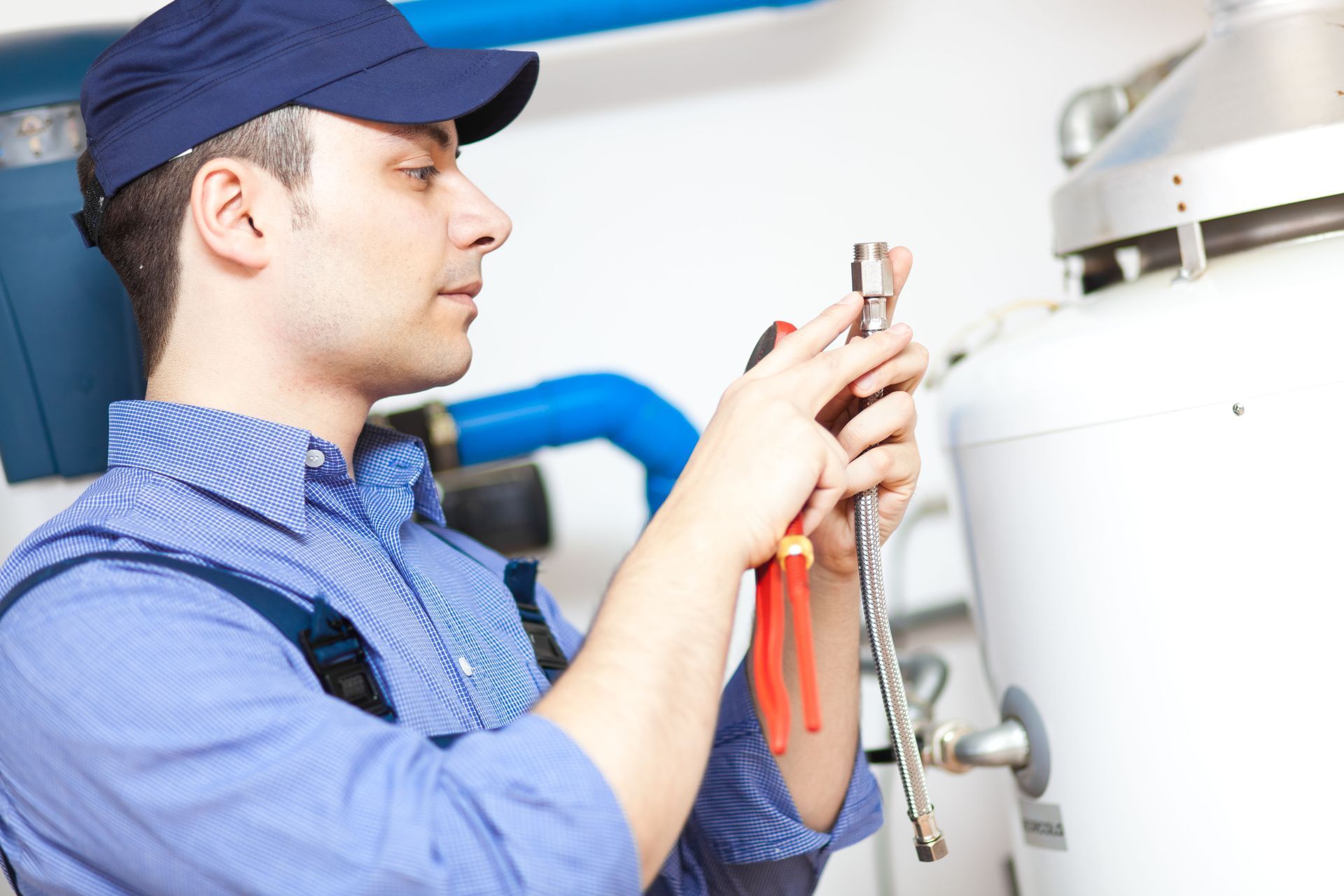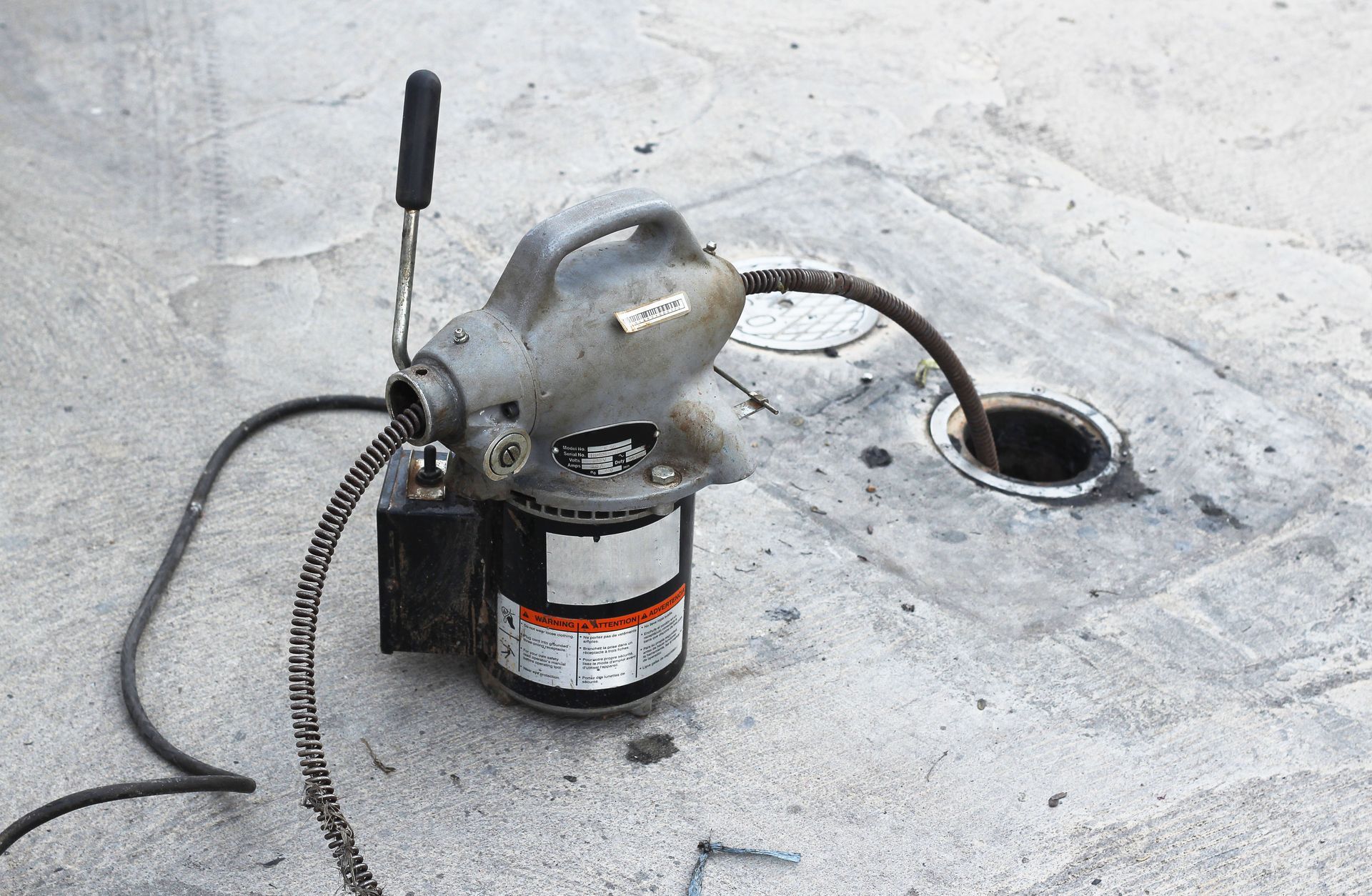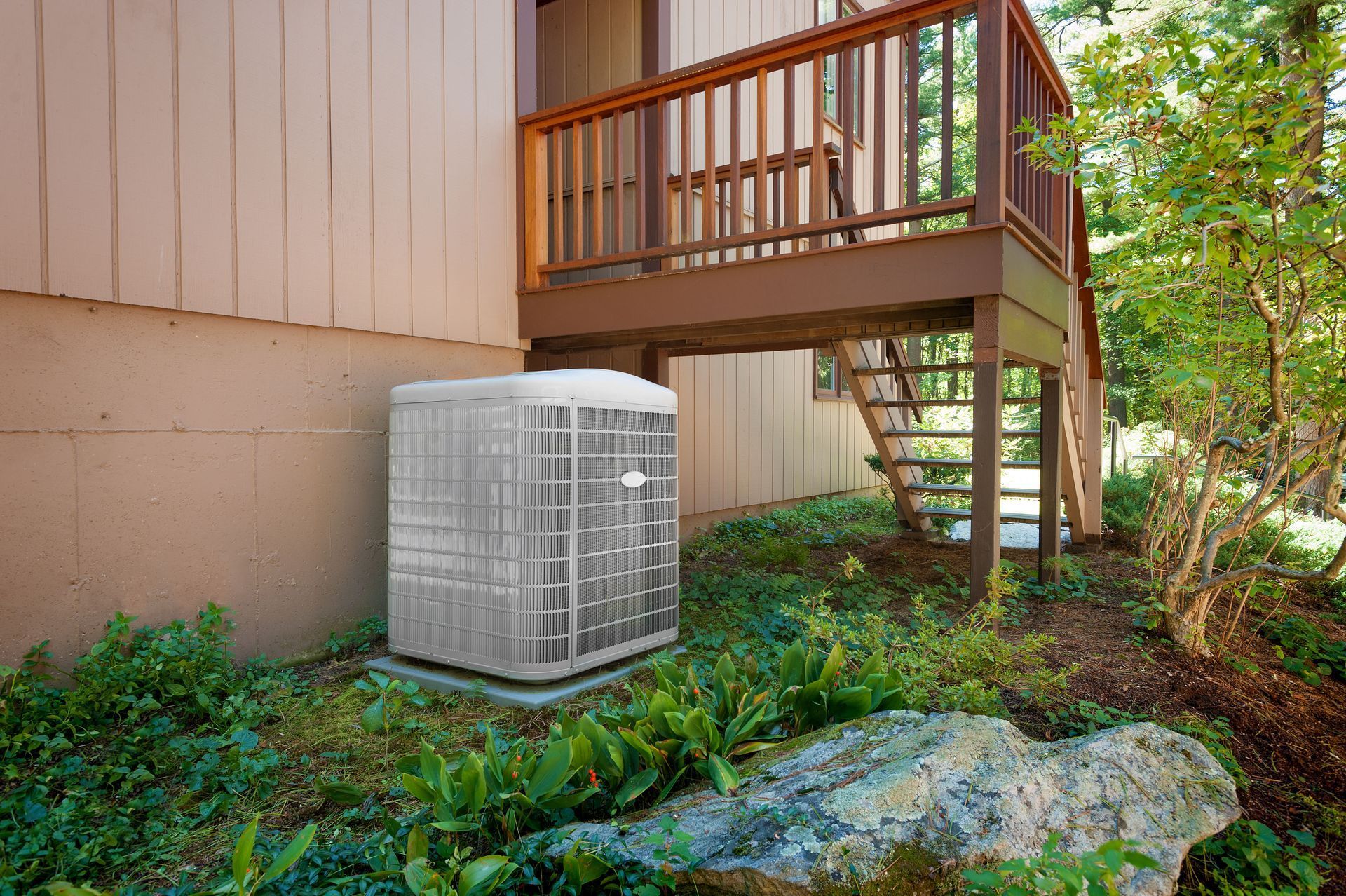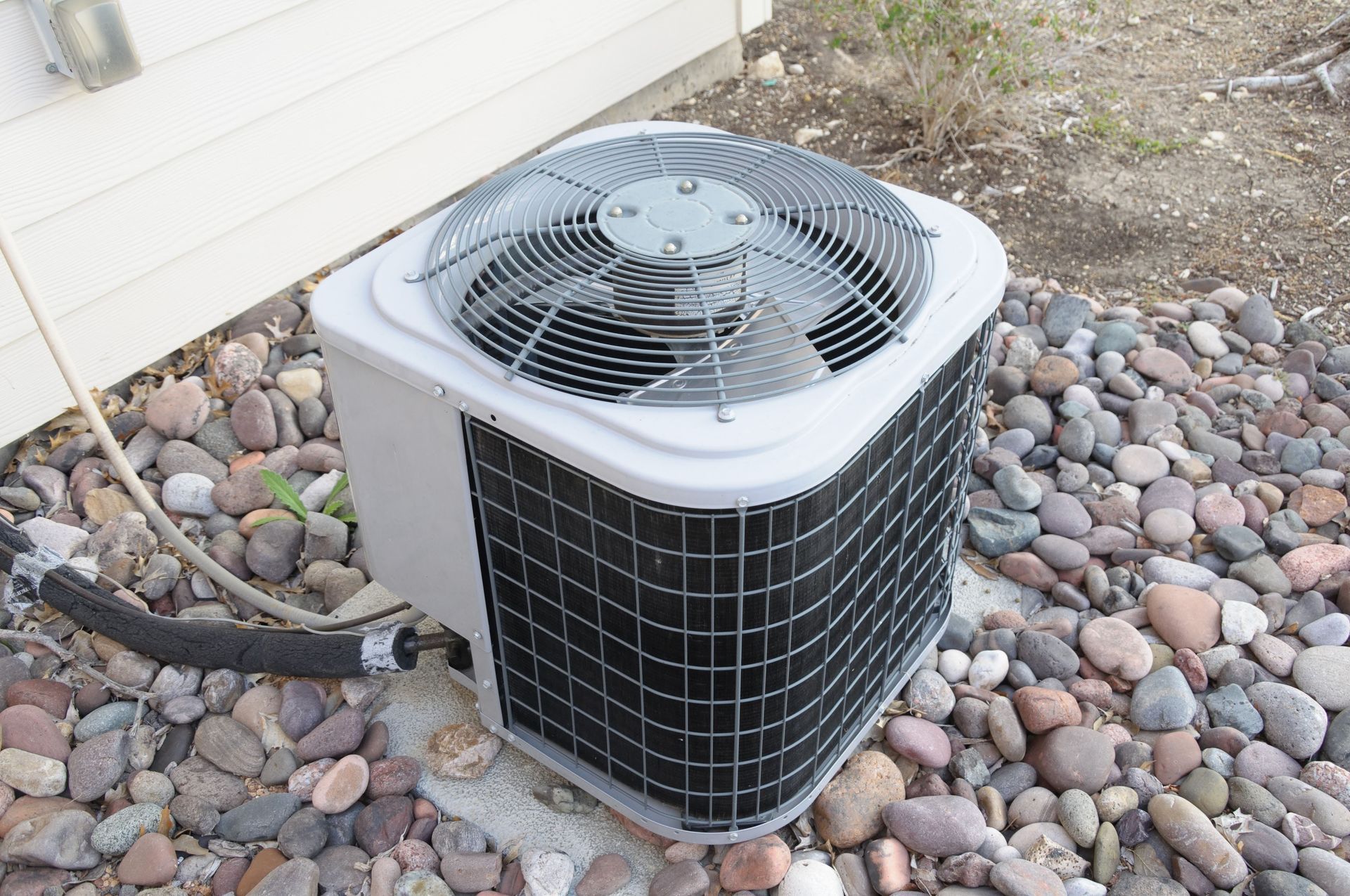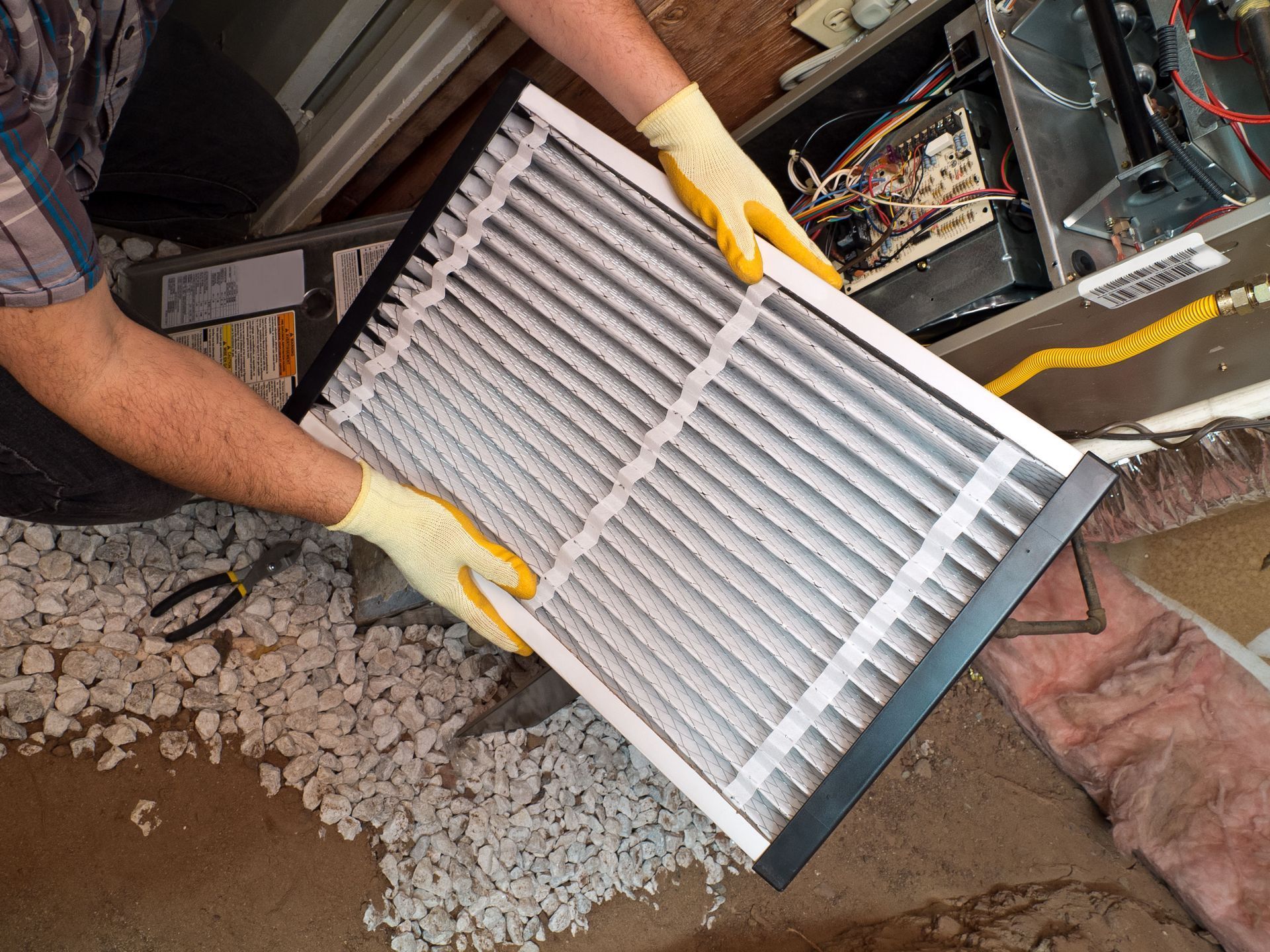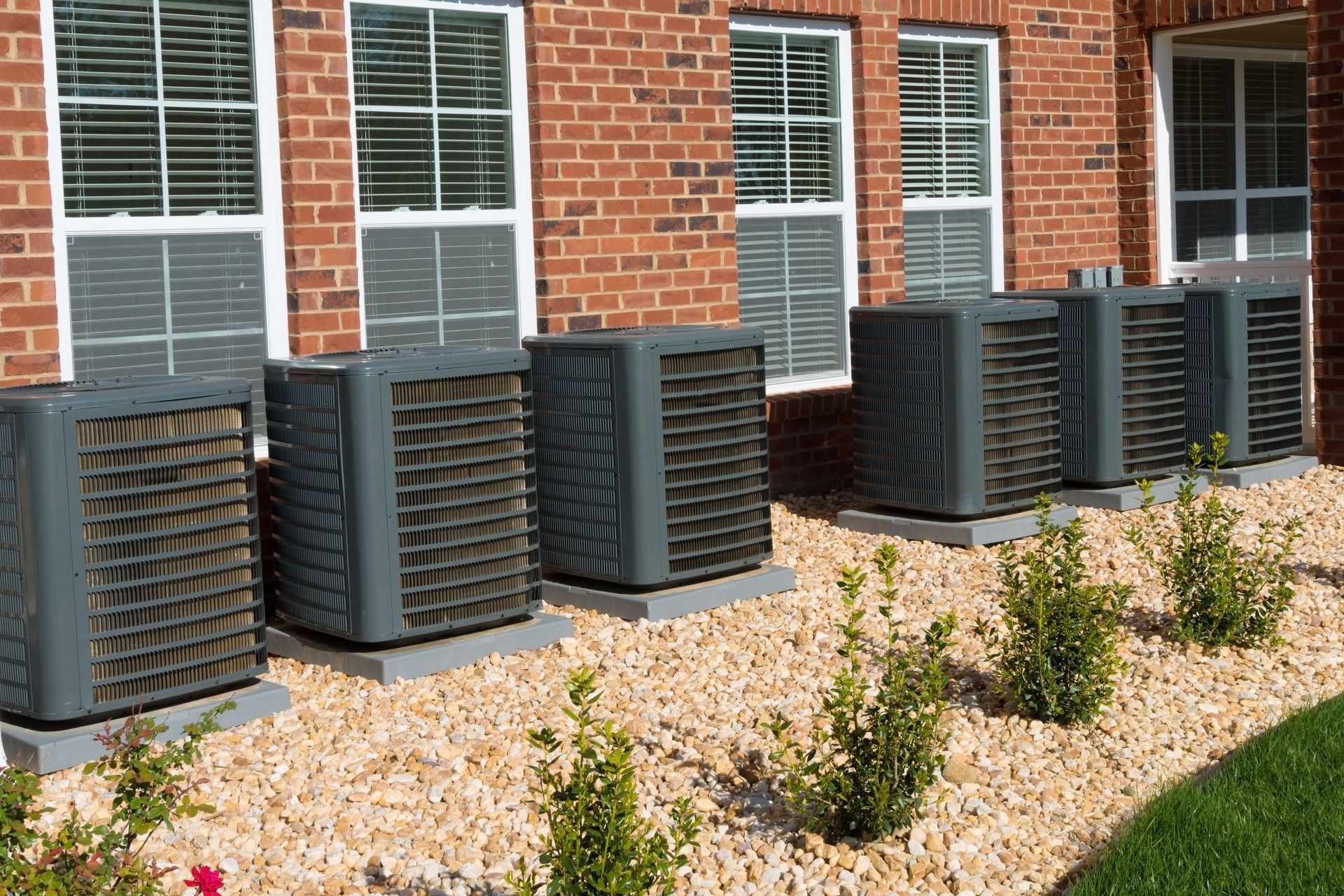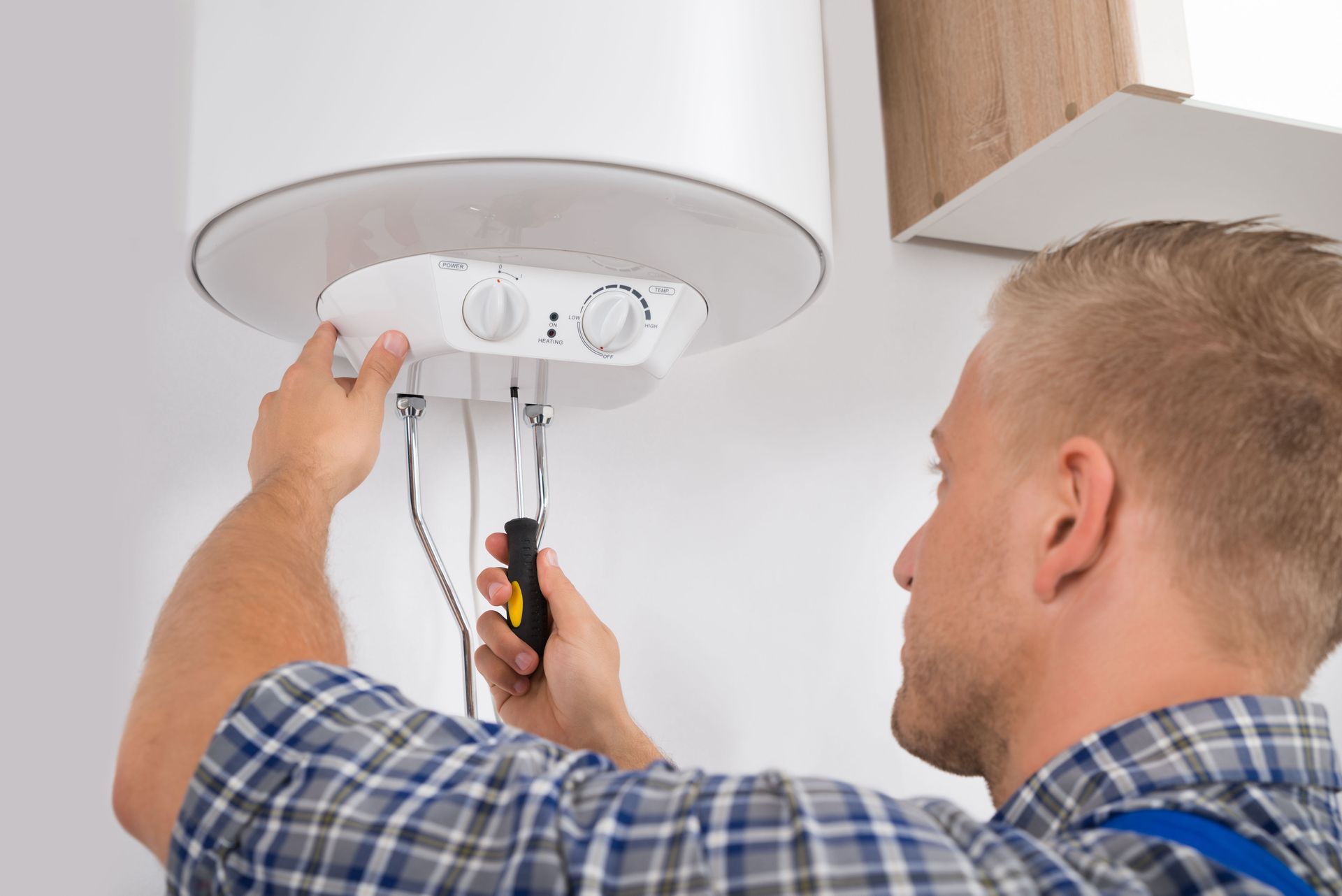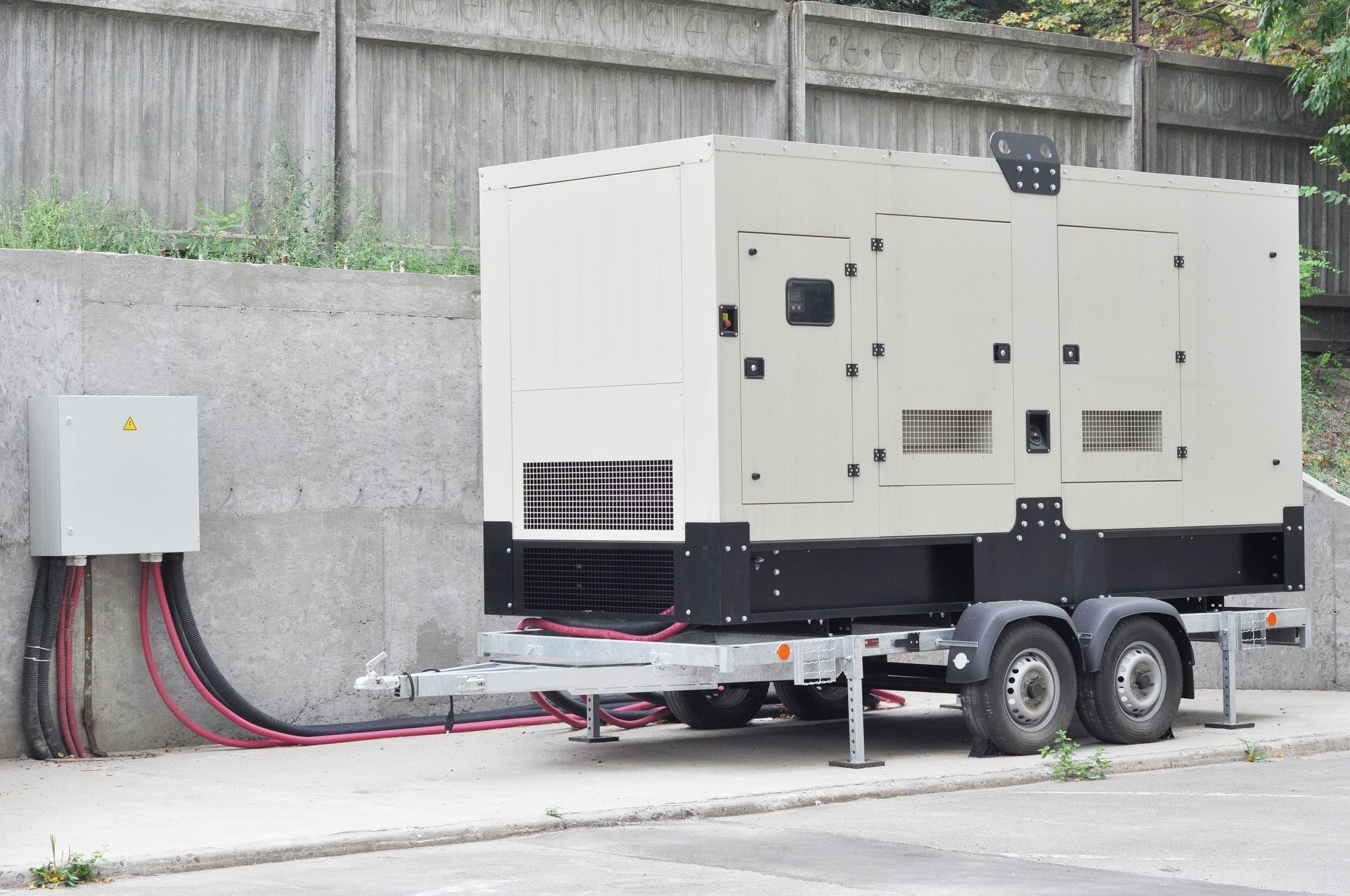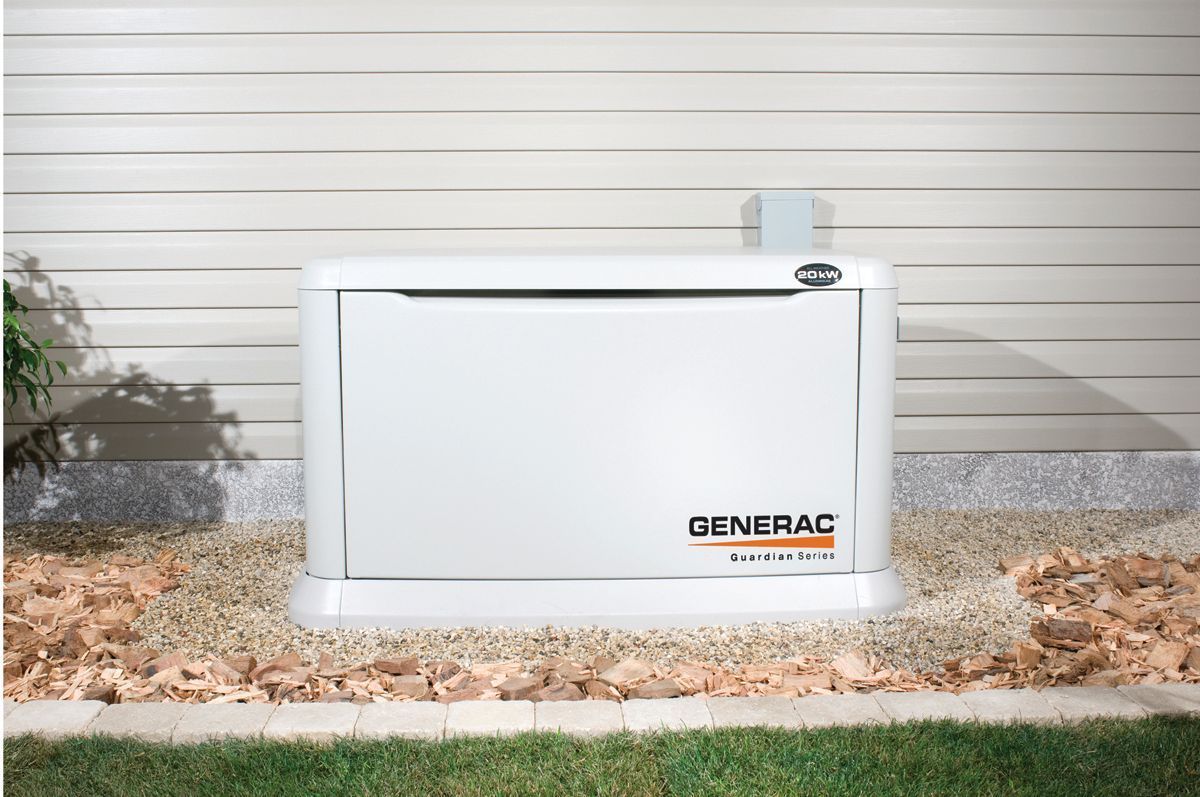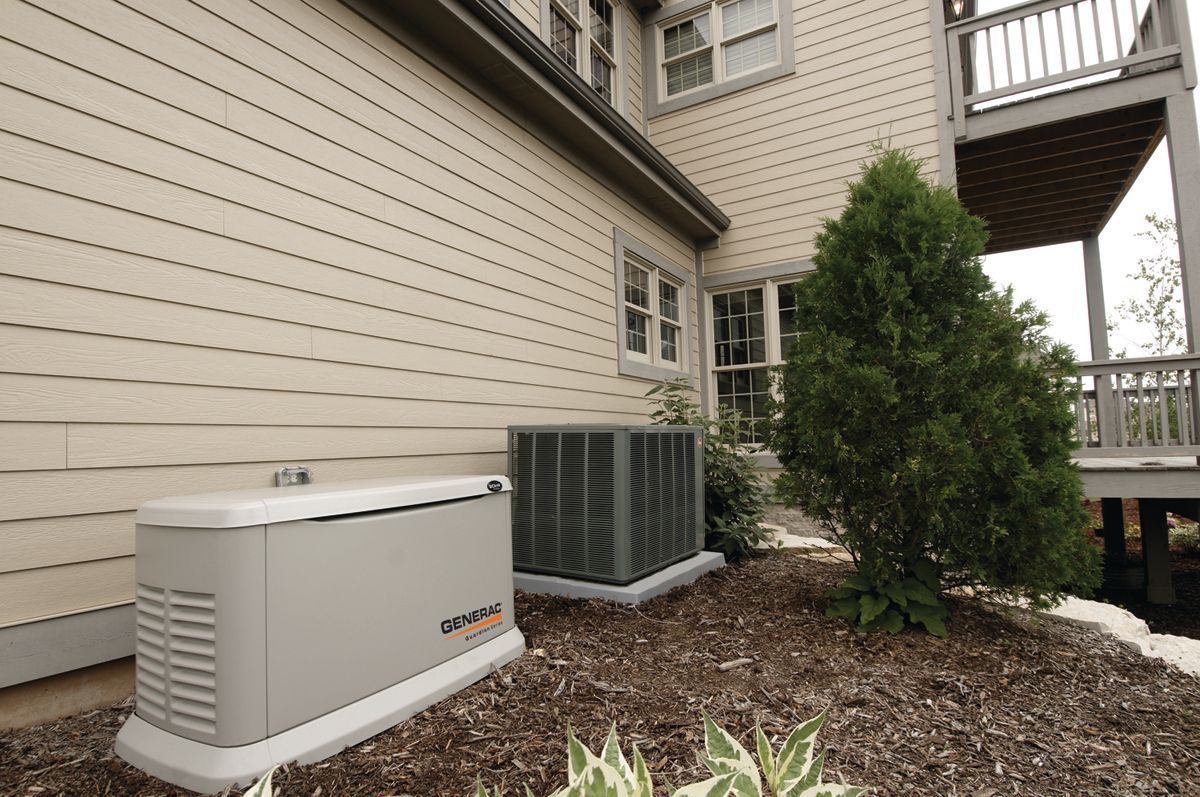Factors to Consider When Choosing a New Water Heater
Choosing a new water heater is a significant decision that can impact your home’s energy efficiency and your monthly utility bills. With several options available on the market today, it's essential to assess your specific needs, budget, and long-term goals. In this article, we’ll explore the critical factors you should consider when selecting a water heater to ensure you make an informed choice.
Evaluating Water Heater Types
First and foremost, the type of water heater you choose will have a significant impact on its performance and cost. Traditional tank water heaters are the most common and are usually more affordable upfront. However, if you’re looking for more energy efficiency and less space usage, a tankless water heater could be a better fit. Tankless models heat water directly without the use of a storage tank, providing hot water only when needed, which can result in lower energy costs in the long run. Additionally, there are hybrid models that combine the benefits of both tank and tankless water heaters. These hybrid systems can store a limited amount of hot water while also providing on-demand heating, which may be ideal for households with fluctuating hot water needs.
Assessing Water Heater Capacity
Another crucial factor to consider is the capacity of the water heater. Depending on the size of your household and your water usage, you'll want a model that can adequately meet demand. If you have a large family or frequently use multiple hot water outlets simultaneously, a larger tank might be necessary. Conversely, if you have a smaller household or lower usage patterns, a model with a smaller capacity can be more cost-effective and efficient. It’s also important to consider peak usage times. For instance, mornings and evenings may require more hot water simultaneously for showers, dishwashing, and laundry. Selecting a water heater with the right capacity ensures comfort and avoids running out of hot water at critical times.
Considering Energy Efficiency
Energy efficiency is a key consideration that can not only save you money over time but also help reduce your carbon footprint. Many modern water heaters come with an energy factor (EF) rating, which indicates the unit’s efficiency. Higher EF ratings usually imply more efficient models, meaning they use less energy to heat the water. While more energy-efficient models may come with a higher price tag, the long-term savings on your utility bills can significantly outweigh the initial investment. Additionally, some models are compatible with solar water heating systems, allowing homeowners to further reduce energy consumption and enhance environmental sustainability.
Balancing Cost and Budget
Cost is always a key factor when purchasing a home appliance. According to Energy Star, water heaters account for roughly 20% of a home’s energy use. It’s important to set a budget while balancing your needs and preferences. While upfront costs are significant, be sure to consider the total cost of ownership, including installation, maintenance, and operating expenses over the water heater’s lifespan. Financing options or rebates may also be available for energy-efficient models, which can help offset initial expenses and make a higher-quality unit more accessible.
Planning for Installation Requirements
Lastly, consider the installation requirements and space constraints of your home. Some water heaters, such as tankless models, require specific ventilation and electrical systems, which could lead to additional installation costs. Ensure that the model you choose can be installed in the desired location and that you have access to the necessary infrastructure. In some cases, professional installation may be required, so factor this into your overall budget and planning. Additionally, proper installation ensures that your water heater operates efficiently and safely, helping to extend its lifespan and reduce the likelihood of costly repairs down the line.
Selecting the right water heater for your home involves careful consideration of several factors, including type, capacity, energy efficiency, cost, and installation requirements. By evaluating these elements, you can ensure that your choice aligns with your household needs and financial goals. Take the time to research and compare models, consult with professionals if necessary, and ultimately, choose a water heater that offers the best performance and efficiency for your unique situation. For expert guidance and professional installation, contact John H. Coleman Co today to find the perfect water heater for your home.



